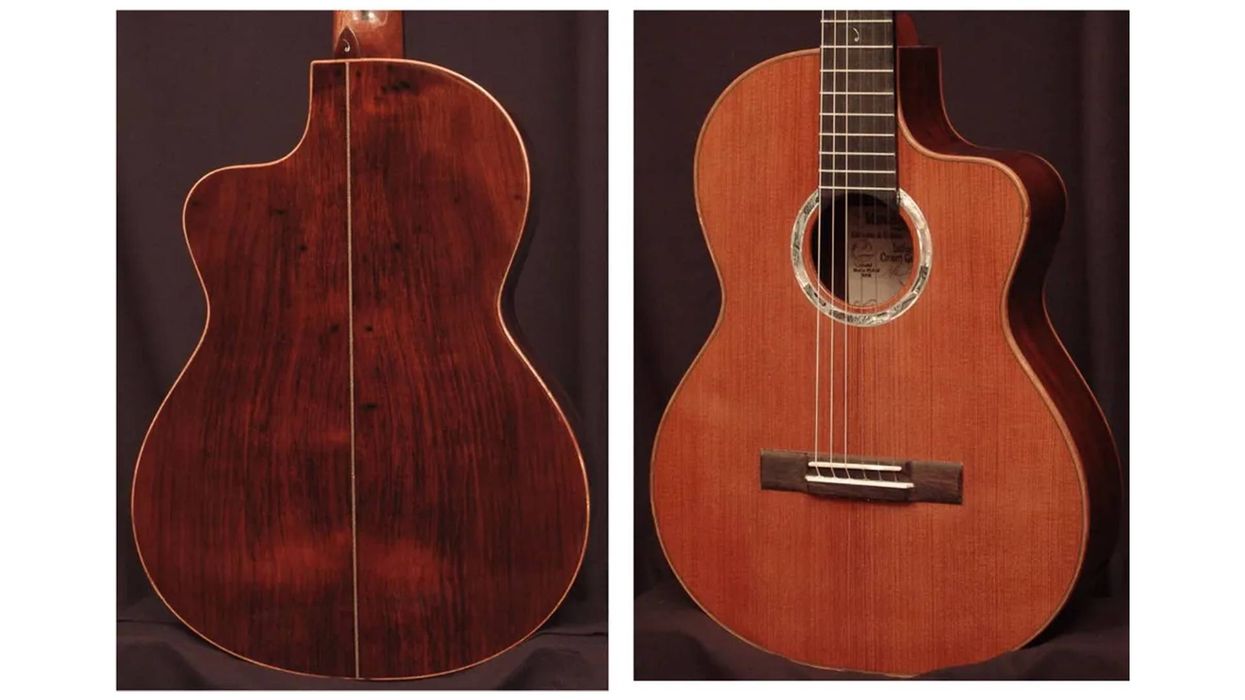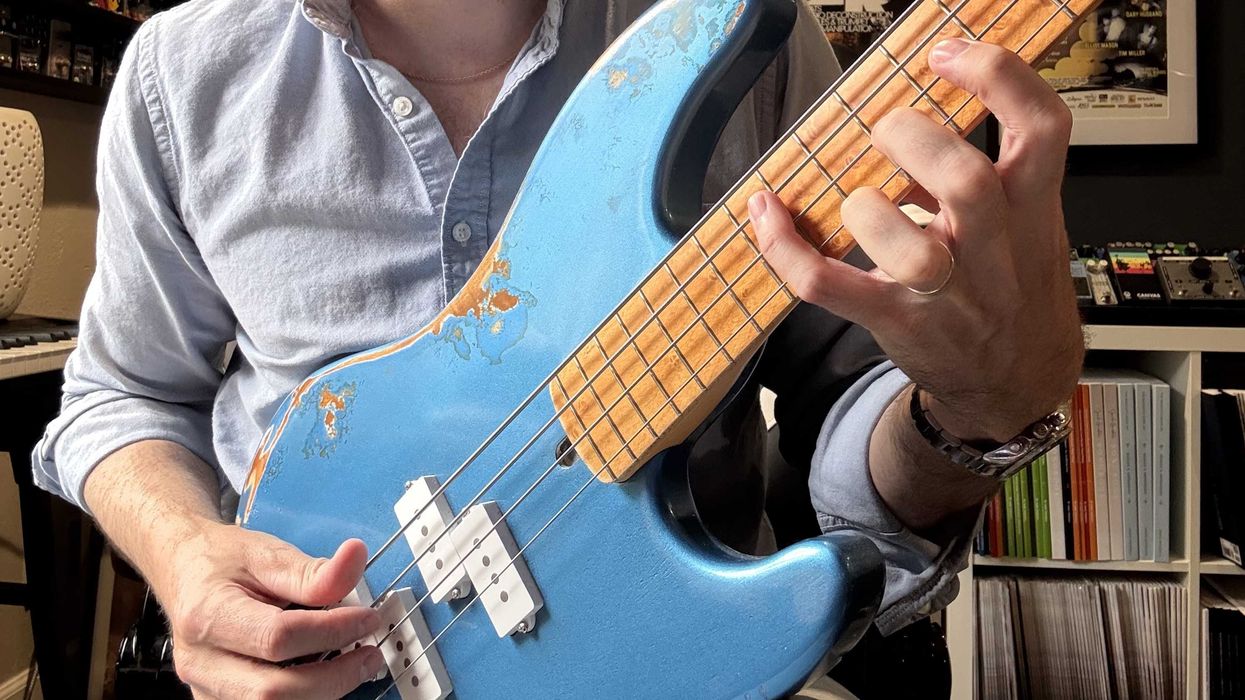Some of my PG friends shared a video of the “fastest guitarist in the world." He won this dubious title by cramming 27 notes into one second—an impressive bit of athleticism, but about as musical as an electric toothbrush. Without a groove, what's the point?
One could argue there's no real point to music in general, but for some reason we humans have an inherent attraction to groove. That's what made our primitive, knuckle-dragging ancestors start banging out rhythmic patterns on the skulls of their vanquished enemies, thereby inventing music over 40,000 years ago. Up until that point, these hairy dudes and dudettes were only concerned with those activities that helped insure survival of the species: sex and food.
So why did Aunt and Uncle caveman invent music?
In the April 15, 2013 issue of Time, science writer Michael Lemonick explains: “Music may ... tap into a brain mechanism that was key to our evolutionary progress. The ability to recognize patterns and generalize from experience, to predict what's likely to happen in the future—in short, the ability to imagine—is something humans do far better than any other animals. It's what allowed us (aided by the far less glamorous opposable thumb) to take over the world ... If music is tied into this most important of survival mechanisms, no wonder we like it so much."
We are the descendants of animals who kicked ass at finding patterns. Today we still run on caveman wiring, which means we love the pattern of a great groove and melody. One reason we love music so much is that our bodies reward us for working on our pattern-solving skills. You know those amazing listening experiences when music really hits you and you have an emotional response to what you hear? That's just your brain being pleasantly flooded with sweet, sweet dopamine—a treat for doing a good job of pattern recognition. This explains why we get addicted to playing guitar.
Misguided guitar players occasionally cold-contact me, asking advice about how to launch their music careers. This isn't because they like my playing, it's because they think I book a lot of work and they want in on this get-paid-to-play-guitar-scam. My advice is always the same: The secret to booking gigs is the same as the secret to comedy ... (wait for it) ... (wait for it) ... timing.
I don't mean “timing" as in meet the “right people at the right time," although that always helps. I mean locking in with the rhythm section. Regrettably, timing is the Achilles heel for most of us guitarists. We tend to want to play fast. Why? Because it's awesome. It sounds and looks impressive and the notes are so close together that it's not as obvious if we are off of the groove. Win-win.
But if you play fast most of the time—and let yourself get away with the slop of playing over the groove instead of with it—you'll find playing a simple, slow pattern really difficult. Some people who work predominately on playing fast may not even know they have real pocket problems.
One could argue that there are no right or wrong harmonic choices. One could argue that there's no “bad" tone (a terrible tone for one song is perfect for another project). However, groove is nonnegotiable. You are either playing in the pocket or you are jacking up the rhythm. That's why playing boring, slow stuff is a far more marketable skill then being able to rip a face-melting eight-bar solo.
Blowing eight bars of dweedly dweedels is fun, but honestly, playing the simplest part right can be equally rewarding. The trick is to get into it. When you're playing around the house, play with a metronome or a drum machine. (There are free ones online.) Play your favorite runs or riffs 20 bpm slower then you'd normally play them. Play each note in a run as a quarter-note, then as an eighth-note, and then as a triplet, then try to swing it. Don't play these runs fast until you can play them slowly.
When you're playing with a band, hunker in close to the drummer and try to lock dead-on with the hi-hat, then the snare or the kick. Work on where to place the emphasis of the pattern. If you feel yourself starting to smile while you're playing, that's your body rewarding you with a nice dopamine hit. Mild euphoria is yours.
While researching this column I found that most science suggests that animals do not respond to music the way we humans do. But then I found a website of a cockatoo shaking his tail feathers to Ray Charles singing “Shake a Tail Feather," a dog grooving out to a guitarist, and a beluga whale dancing with a mariachi band. Wow, I thought, maybe these animals are evolving. All they need now is an opposable thumb, and we'll have real competition for being kings of the world.





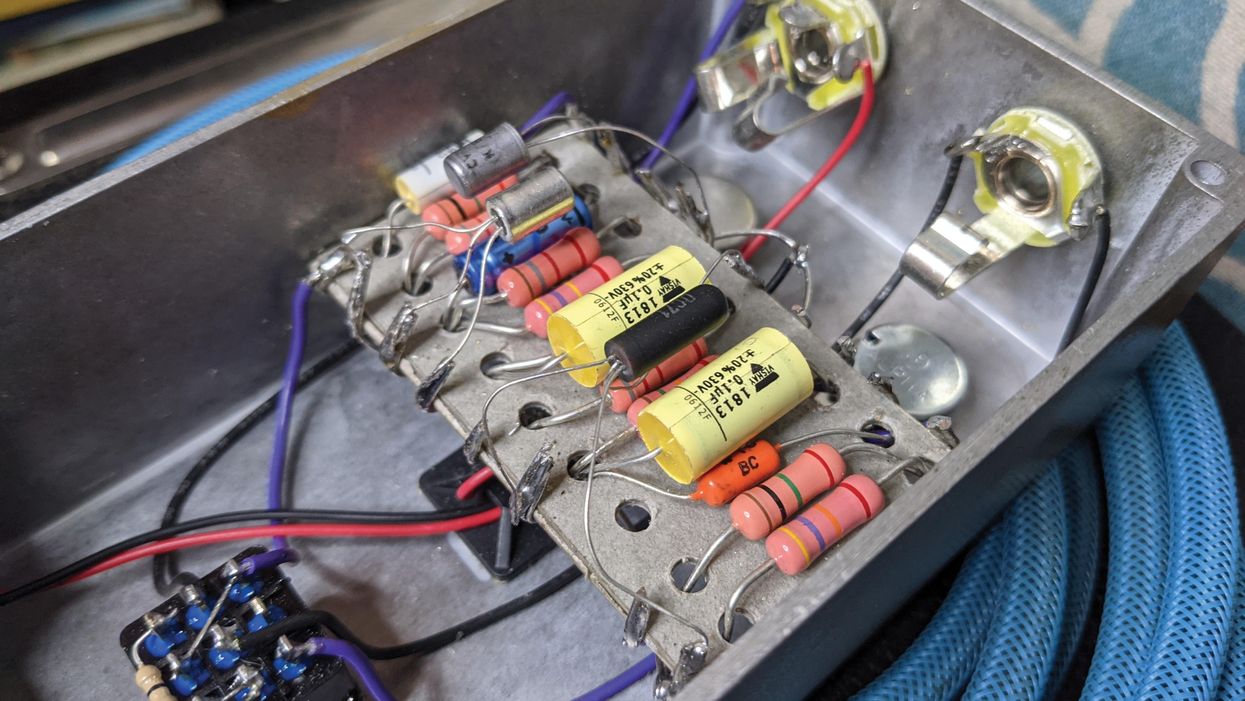




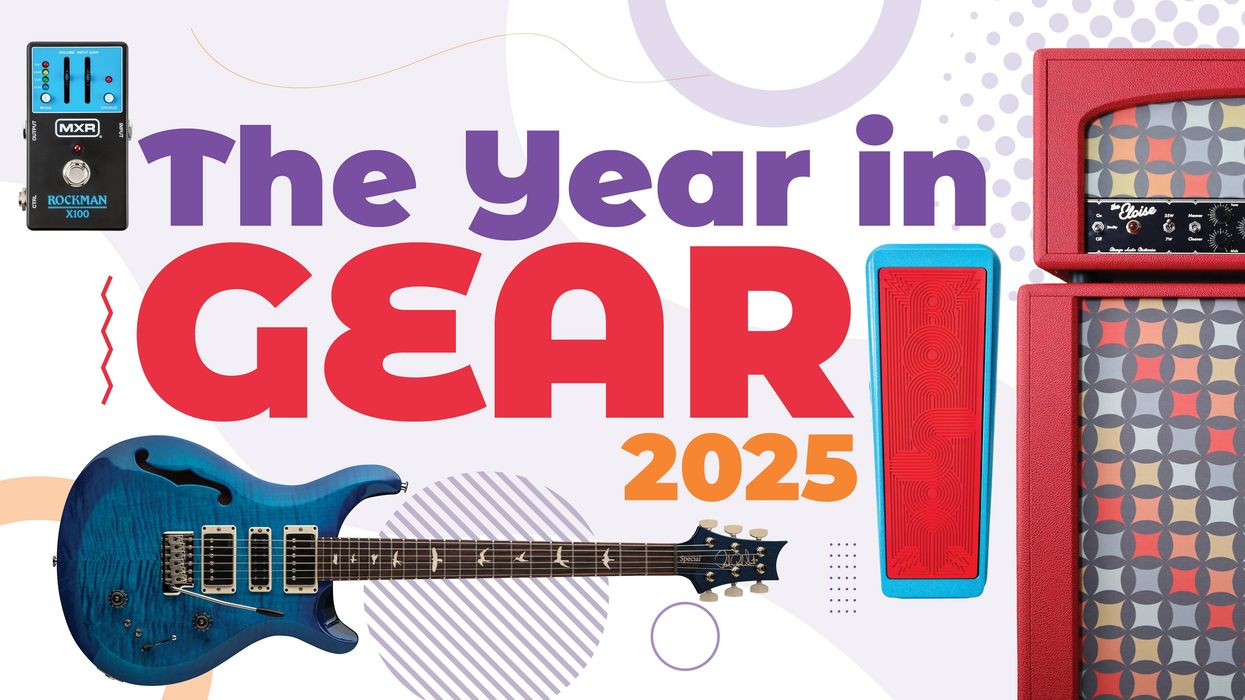
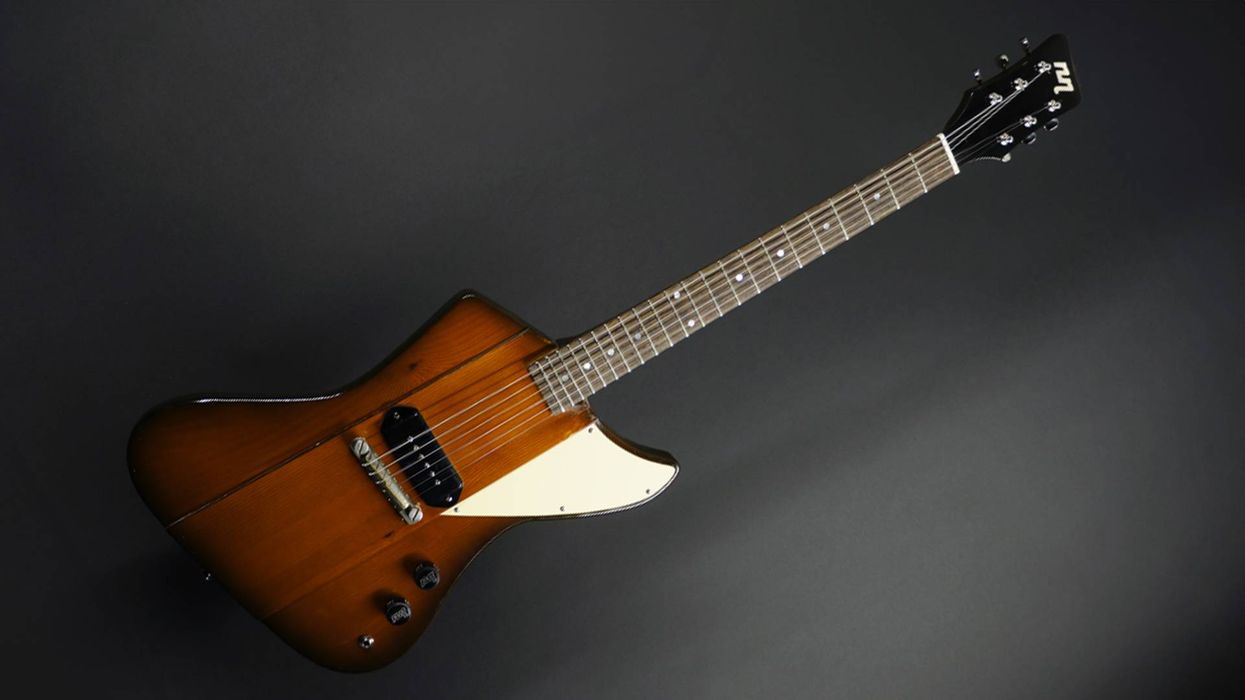
![Rig Rundown: AFI [2025]](https://www.premierguitar.com/media-library/youtube.jpg?id=62064741&width=1245&height=700&quality=70&coordinates=0%2C0%2C0%2C0)
